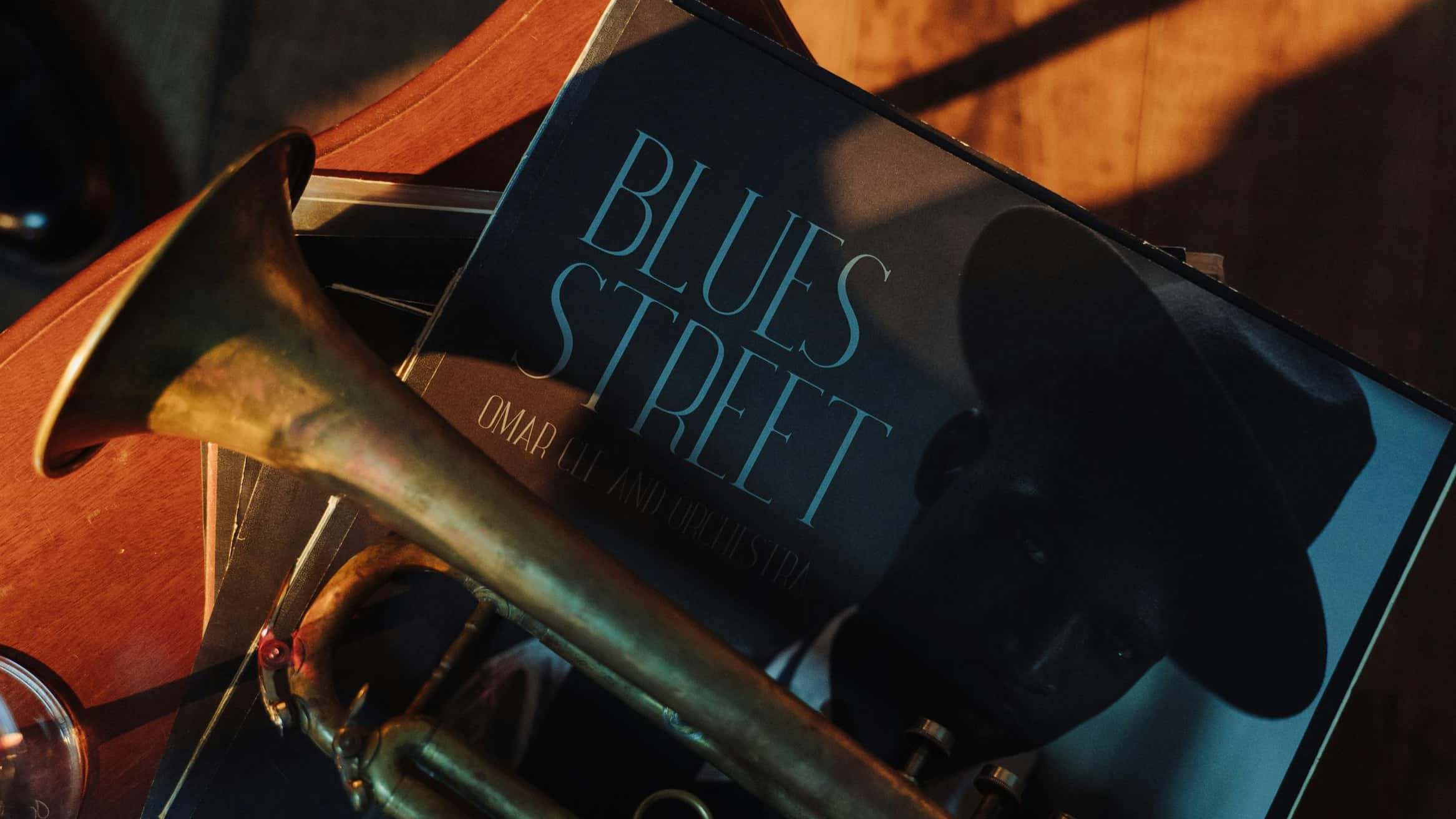The blues, born out of the African-American experience in the deep South of the United States, is more than just a genre of music—it is a foundational element that has profoundly shaped modern music across genres and continents. From its humble beginnings in the late 19th century to its enduring influence on contemporary music styles, the blues continues to resonate with audiences worldwide, embodying themes of hardship, resilience, and emotional expression.
1. Origins and Early Development
The roots of the blues can be traced back to the African musical traditions brought to America through the transatlantic slave trade. In the late 19th and early 20th centuries, African-American musicians in the Mississippi Delta region began blending these ancestral rhythms with European harmonies and chord progressions, creating a distinctive musical form characterized by its soulful vocals, melancholic melodies, and expressive guitar work.
2. Expressing the Human Experience
At its core, the blues serves as a poignant expression of the human experience, capturing themes of love, loss, oppression, and resilience. Lyrics often reflect personal struggles and societal injustices, resonating with listeners on a deeply emotional level. This raw honesty and authenticity have made the blues a powerful vehicle for storytelling and social commentary throughout its evolution.
3. Influence on Rock ‘n’ Roll
One of the most significant contributions of the blues to modern music is its profound influence on the development of rock ‘n’ roll. Pioneering artists like Muddy Waters, Howlin’ Wolf, and B.B. King electrified the blues in the mid-20th century, introducing amplified guitars, energetic rhythms, and dynamic stage performances. Their innovations laid the foundation for the rock music explosion of the 1950s and beyond, inspiring iconic bands such as The Rolling Stones, Led Zeppelin, and Jimi Hendrix.
4. Impact on Jazz and Improvisation
In addition to rock ‘n’ roll, the blues has left an indelible mark on jazz music, particularly in its emphasis on improvisation and emotional expression. Jazz legends like Louis Armstrong, Duke Ellington, and Miles Davis incorporated blues elements into their compositions and improvisations, infusing their music with soulful melodies and spontaneous creativity. The blues continues to influence jazz musicians worldwide, enriching the genre with its distinctive sound and narrative depth.
5. Evolution into Contemporary Genres
Beyond rock and jazz, the blues has influenced a wide array of contemporary music genres, from soul and funk to R&B, hip-hop, and beyond. Artists such as Eric Clapton, Stevie Ray Vaughan, and John Mayer have continued to reinterpret and expand upon the blues tradition, blending it with modern sensibilities and innovations. The blues’s enduring appeal lies in its ability to evolve while staying true to its roots, adapting to new musical trends and cultural contexts.
6. Global Impact and Legacy
The blues’s influence extends far beyond its American origins, resonating with musicians and audiences around the globe. From British blues rock bands of the 1960s to blues festivals in Europe, Asia, and beyond, the genre has transcended geographical boundaries to become a universal language of expression and connection. Its legacy continues to inspire new generations of musicians to explore its rich history and adapt its timeless themes to contemporary musical landscapes.
7. Preservation and Appreciation
As we celebrate the influence of blues on modern music, it is essential to recognize efforts to preserve and promote this cultural heritage. Blues societies, museums, and educational programs play a crucial role in documenting its history, supporting emerging artists, and fostering appreciation among diverse audiences. By honoring the legacy of the blues, we ensure that its transformative power continues to resonate for generations to come.
In conclusion, the blues stands as a testament to the resilience, creativity, and cultural richness of the African-American experience. Its influence on modern music—from rock ‘n’ roll and jazz to contemporary genres—is undeniable, shaping musical innovation and cultural expression worldwide. As we embrace its legacy, we celebrate the enduring impact of the blues on music and society, honoring its roots while embracing its evolution in an ever-changing musical landscape.
